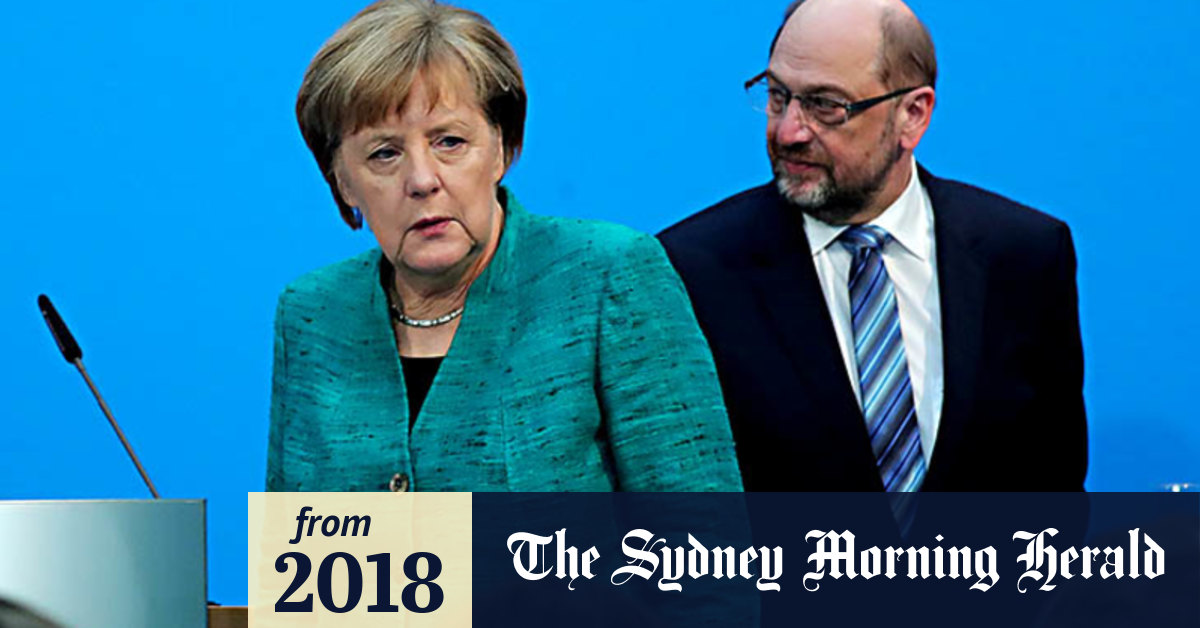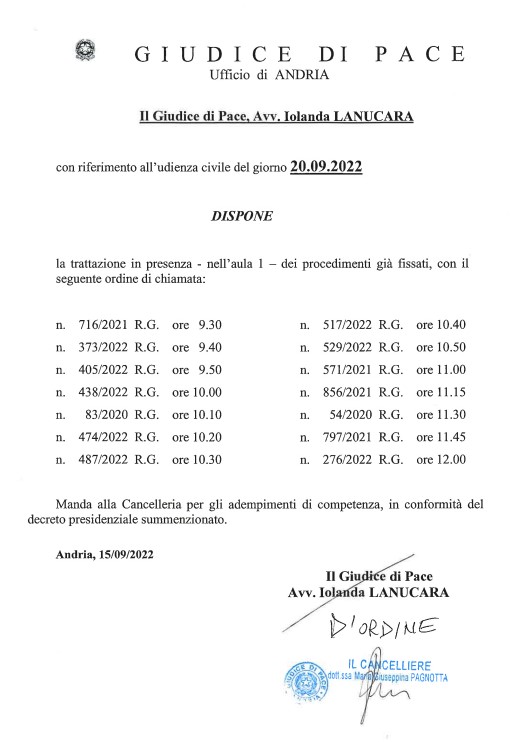German Coalition Deal: Sources Point To Midday Conclusion

Table of Contents
Key sticking points resolved in the German coalition deal:
Successfully navigating several key policy areas has been crucial for reaching a German coalition deal. The three parties have reportedly found compromises on some of the most contentious issues.
Climate Change Policy:
Agreement on ambitious climate targets is expected, marking a significant step towards Germany's environmental goals. This includes a faster phase-out of coal power plants and substantially increased investment in renewable energy sources like wind and solar.
- Specific targets and deadlines: While precise figures remain unconfirmed, sources suggest a commitment to significantly reducing greenhouse gas emissions by 2030, exceeding previous targets. The exact year for complete coal phase-out is still under negotiation.
- Carbon pricing and sector-specific strategies: Details on the implementation of a robust carbon pricing mechanism and sector-specific emission reduction strategies are still emerging. This is a critical area, as it will influence various industries and their transition to greener practices.
- Nuclear energy's role: Potential disagreements persist concerning the role of nuclear energy in the energy transition. The Greens have historically opposed nuclear power, while the FDP holds a more nuanced position. Finding a compromise on this issue was a major hurdle.
Economic Policy:
Balancing fiscal responsibility with necessary social spending and crucial investments is a central theme in the German coalition deal negotiations. This involves navigating complex economic realities and differing political priorities.
- Minimum wage increases and tax reforms: Negotiations have focused on adjusting the minimum wage and potentially implementing tax reforms to address inequality while maintaining fiscal stability. The details of these changes will have widespread economic consequences.
- Public investment: Significant public investment in infrastructure projects, particularly in digital infrastructure, is anticipated to stimulate economic growth and improve living standards. This includes investments in high-speed internet access and modernizing transportation networks.
- Debt reduction targets: Compromises on debt reduction targets are likely, reflecting the need to balance fiscal prudence with investments in essential sectors and social programs. The exact figures and timelines are still under discussion.
Migration and Integration:
Finding common ground on asylum policy and integration measures has proven challenging. The three parties hold differing viewpoints on border control and humanitarian considerations.
- Border controls and humanitarian concerns: The coalition agreement is expected to address stricter border controls while maintaining a commitment to humanitarian principles and protecting refugees' rights. Balancing these two priorities is a significant challenge.
- Refugee distribution and integration programs: Negotiations involve the equitable distribution of refugees across Germany and the funding of comprehensive integration programs to help newcomers settle and contribute to society.
- Family reunification policies: Potential compromises on family reunification policies are expected, balancing the need for family unity with the concerns of managing migration flows effectively.
Power-Sharing and Ministerial Positions:
The distribution of power and key ministerial portfolios is a vital aspect of the German coalition deal, impacting the government's future direction.
Chancellor Candidate:
Confirmation of the chosen Chancellor, likely from the SPD, is expected imminently. This follows internal party processes and formal procedures.
- Official announcement and confirmation: The formal announcement of the Chancellor candidate will trigger the subsequent confirmation procedures in the Bundestag (German Parliament).
- Internal party dynamics: While an SPD Chancellor is anticipated, internal party dynamics and potential challenges within the coalition could still influence the final outcome.
Ministry Allocations:
The allocation of key ministerial portfolios – including Finance, Foreign Affairs, and Interior – among the three coalition partners will be a critical aspect of the deal.
- Key ministries: The assignment of these powerful ministerial roles will significantly impact policy formulation and implementation across various sectors.
- Balancing power: Negotiations involve carefully balancing the power distribution between the SPD, Greens, and FDP, ensuring each party has significant influence.
- Potential conflicts: Disagreements over specific ministerial appointments are possible, potentially delaying the finalization of the coalition agreement.
Reaction and Outlook for the German Coalition Deal:
The reaction to the German coalition deal and its long-term implications will be closely observed both domestically and internationally.
Public Response:
Public and media reaction to the finalized coalition agreement will be crucial in assessing its legitimacy and potential success.
- Public opinion polls and expert commentary: Public opinion polls and analyses from political experts will gauge the public’s perception of the coalition’s policies and leadership.
- Reactions from opposition parties and social movements: Opposition parties and social movements will likely express their viewpoints, influencing the political climate and potential challenges to the new government.
- Implementation challenges: The success of the coalition will also depend on the government’s ability to effectively implement the agreed policies and address potential obstacles.
Economic and Political Implications:
The new coalition government's policies will have significant economic and political implications for Germany and beyond.
- Impact on German and European policies: The new government’s policies will influence Germany's domestic agenda and its role within the European Union, potentially impacting European-wide policy decisions.
- Economic shifts: The coalition's economic policies will lead to potential shifts in the country's economic direction, influencing fiscal policy, investment priorities, and the business environment.
- Long-term effects on social policy and governance: The coalition agreement's impact on social programs, welfare policies, and governance structures will shape German society for years to come.
Conclusion:
The anticipated midday conclusion of the German coalition deal marks a significant moment in German politics. The agreement, once finalized, will shape the country's direction for the next four years. The successful negotiation of key policy areas, including climate change, economic policy, and migration, will be crucial for the coalition's stability and success. To stay informed about the latest developments and the final details of this crucial German coalition deal, continue to check back for updates as this story unfolds. Further analysis of the impact of the agreed policies will be published following the official announcement of the deal.

Featured Posts
-
 How Charles Barkley Is Linked To A Ru Pauls Drag Race Star
Apr 30, 2025
How Charles Barkley Is Linked To A Ru Pauls Drag Race Star
Apr 30, 2025 -
 Appello Becciu Inizio Udienza 22 Settembre Proclamata Innocenza
Apr 30, 2025
Appello Becciu Inizio Udienza 22 Settembre Proclamata Innocenza
Apr 30, 2025 -
 Limited Time Offer Grab 14 Adidas Slides Now
Apr 30, 2025
Limited Time Offer Grab 14 Adidas Slides Now
Apr 30, 2025 -
 Where To Watch Untucked Ru Pauls Drag Race Season 16 Episode 11 For Free
Apr 30, 2025
Where To Watch Untucked Ru Pauls Drag Race Season 16 Episode 11 For Free
Apr 30, 2025 -
 Eurovision 2023 Manchester Your Complete Guide
Apr 30, 2025
Eurovision 2023 Manchester Your Complete Guide
Apr 30, 2025
